What is ideology?
| Geertz'
argues that: |
| Ideology has become a form of "radical intellectual depravity." |
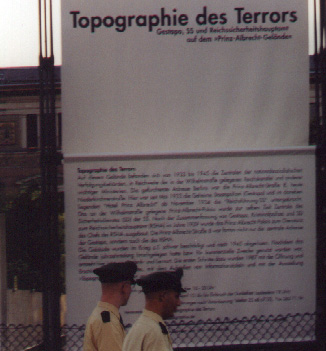 |
"Ideology
is a patterned reaction to dislocation, displacement, disrupted class relations,
or decay of traditional political authority.... for it provides a 'symbolic
outlet' for emotional disturbances generated by social disequilibrium."
(204) |
"provides an 'advocatory
explanation' that tends to obscure as much as to clarify the true nature
of the problems involved."
(205) |
| Recall, however this action
will "call attention to" issues making their "continued
neglect more difficult." |
| |
|
Ideology
is a particular conception born of the 18th century Enlightenment
a
combination of the study of ideas and the idealism of reform
a
paradox of idealism and opportunism
1796, de Tracy called for
the replacement of metaphysics by ideology
the philosophy of mind is ideology
A paper read at the National Institute of France
1797 the term ideology was used by de Tracy in discussing self-evident
ideals
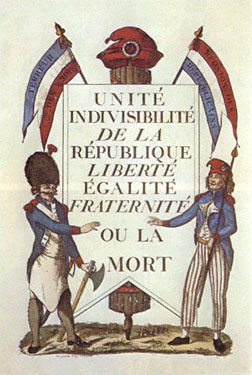
So as opposed to material causes there are ideological causes for of events.
| dialectical division |
|
| opposite
categories |
real
|
ideal
|
| attributes: |
physical |
insubstantial |
temporal
character |
actual |
envisioned |
conditions |
practical |
speculative |
meanings |
literal |
figurative |
emotive
appeal |
grounded |
visionary |
| |
material |
ideological |
next
definition | implications of | political spectrum | analysis | examples | origins | a science of ideas | meaning | intellectual abstraction | symbols
Conclusions | Summary
Ideology
involves meaning, the expression of ideas to
convey that meaning and a cultural context in which that meaning is understood by people who understand the symbols and contradictions of their culture.
1.2 The study of
the way ideas are expressed in language and the means of intellectual expression.
The science of language, imagery, idiomatic expressions and linguistics.
A branch of philosophy, philology, or psychology dealing
with the origin & nature of ideas.
An
application of rhetorical devices to express convictions about the state of
society.
2.
Ideal or abstract speculation of visionary but of no earthly use.
Context: 1763-1829
The
American and French Revolutions are considered in part to have been ideological
challenges to the once unassailable preeminence of regal authority. 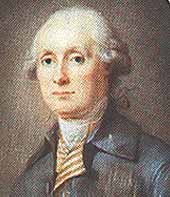 Called
the “divine right of kings,” the rejection of monarchy in the
18th century left a void of authority or a vacuum of power, filled of necessity,
by political parties espousing political beliefs in the form of ideals. These
ideals were summed up by the philosophers Tracy and Condorcet as formulating an ideology as liberating our minds from dogma and superstitions.
Called
the “divine right of kings,” the rejection of monarchy in the
18th century left a void of authority or a vacuum of power, filled of necessity,
by political parties espousing political beliefs in the form of ideals. These
ideals were summed up by the philosophers Tracy and Condorcet as formulating an ideology as liberating our minds from dogma and superstitions.
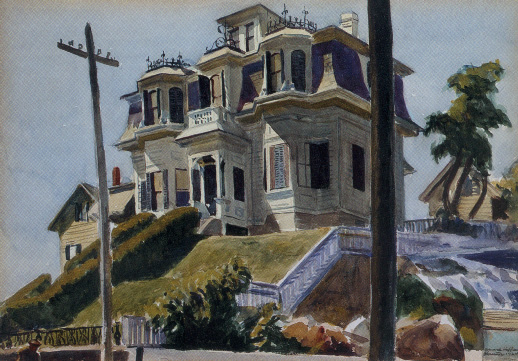
Modern conditions, 1848-2009
Ideology
is a product of the prevailing zeitgeist and a political weapon:
“The notion that
ideology may in some cases affect what figures in a society as a standard
of truth has, however, produced the rather large body of theory known as the sociology of knowledge.”
(Sabine, A History of Political
Theory, p. 785)
Karl Marx wrote :
“Upon the different forms of property, upon the social conditions of
existence rises and entire superstructure of distinct and characteristically
formed sentiments, illusions, modes of thought and views of life. The entire
class creates and forms them out of its material foundations and out of corresponding
social relations.”
[ The Eighteenth of Brumaire, p. 40.]
Karl
Marx, like Georg W. F. Hegel, earlier, contrasted appearance
with reality.
Bur
where Marx sees ideas arising from the material conditions of existence, on
the other hand, Hegel saw the nation as the material manifestation of the
world spirit, or weltgeist.
next
Conclusive statements:
Ideologies then take the place of traditional religious, monarchical and military authority
because the power those institutions once exerted over political discourse,
social organization and individual behavior has deteriorated, but not disappeared.
Socially
and culturally speaking, Anthropologist Clifford Geertz sees humans as
plastic characters, amorphous personalities with a propensity to follow crowd
instincts, to conform, survive and thrive in a world dominated by bureaucratic
institutions & industrial organization, "suspended in webs of significance."
"man, is also the
incomplete --, or more accurately, self completing animal. The agent of his
own realization, he creates out of his general capacity for the construction
of symbolic models the specific capabilities that define him."
(218)
"it
is through the construction of ideologies, schematic images of social order,
that man makes himself for better or for worse a political animal."
The
meaning of symbols
"cultural
symbol-systems are extrinsic sources of information,
templates for the organization
of social and psychological processes, they come most crucially into play
in situations where the particular. . . institutional guides for behavior,
thought and feeling are weak or absent."
So
too with ideology . . . . The function of ideology is to make an autonomous politics
possible by providing authoritative concepts that render it meaningful, the
suasive images by means of which it can be sensibly grasped."
(218)
"ideologies
begin to become crucial as sources of sociopolitical meanings and attitudes."
(219)
"Whatever else ideologies
may beŠprojections of unacknowledged fears [NAZISM], disguises for
ulterior motives [CAPITALISM], phatic expressions of group solidarity [SOCIALISM],Šthey are most distinctively maps of problematic social reality and matrices
for the creation of collective conscience."
(220)
“ideological ferment
is, of course, widespread in modern society.”
(220)
Concluding remarks:
„ Ideologies
are figurative, symbolic, and imaginative appeals to our desires to believe
in larger than life possibilities.
„ They are at once an expression of hope and
a reflection of our despair.
„ Technology, because it is political, generates
an ideologically persuasive slough of symbols, metaphors, and revered rules.
definition | implications of | political spectrum | analysis | examples | origins | a science of ideas | meaning | intellectual abstraction | symbols
Conclusions | Summary
Phatic means denoting or relating to words used for general purposes of social interaction, rather than to convey information or pose questions. Statements such as: hey, 's up, how are you doing? and have a nice day, how goes it? are phatic.
 Clifford Geertz. The Interpretation of Cultures: Selected Essays. New York: Basic Books, 1973. In his book, this most original anthropologist of his generation moved far beyond the traditional confines of his discipline to develop an important new concept of culture.
Clifford Geertz. The Interpretation of Cultures: Selected Essays. New York: Basic Books, 1973. In his book, this most original anthropologist of his generation moved far beyond the traditional confines of his discipline to develop an important new concept of culture.


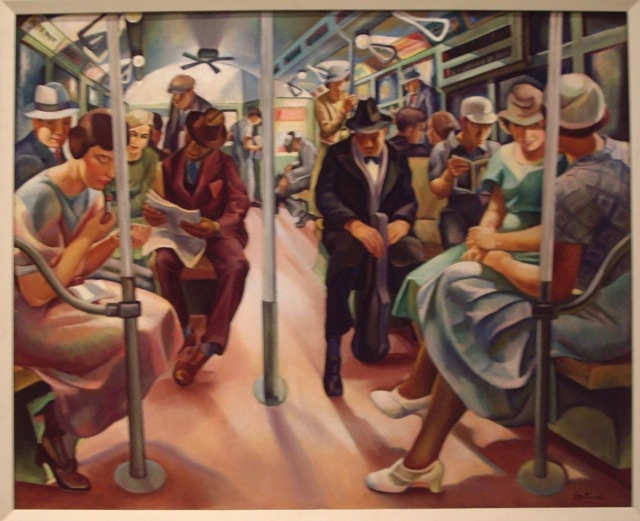
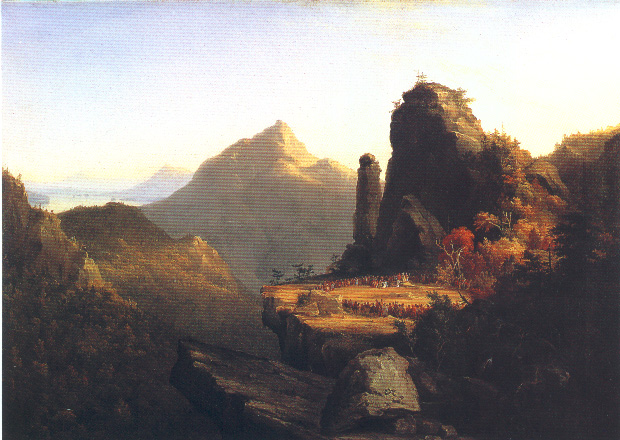


 Called
the “divine right of kings,” the rejection of monarchy in the
18th century left a void of authority or a vacuum of power, filled of necessity,
by political parties espousing political beliefs in the form of ideals. These
ideals were summed up by the philosophers Tracy and Condorcet as formulating an ideology as liberating our minds
Called
the “divine right of kings,” the rejection of monarchy in the
18th century left a void of authority or a vacuum of power, filled of necessity,
by political parties espousing political beliefs in the form of ideals. These
ideals were summed up by the philosophers Tracy and Condorcet as formulating an ideology as liberating our minds 

